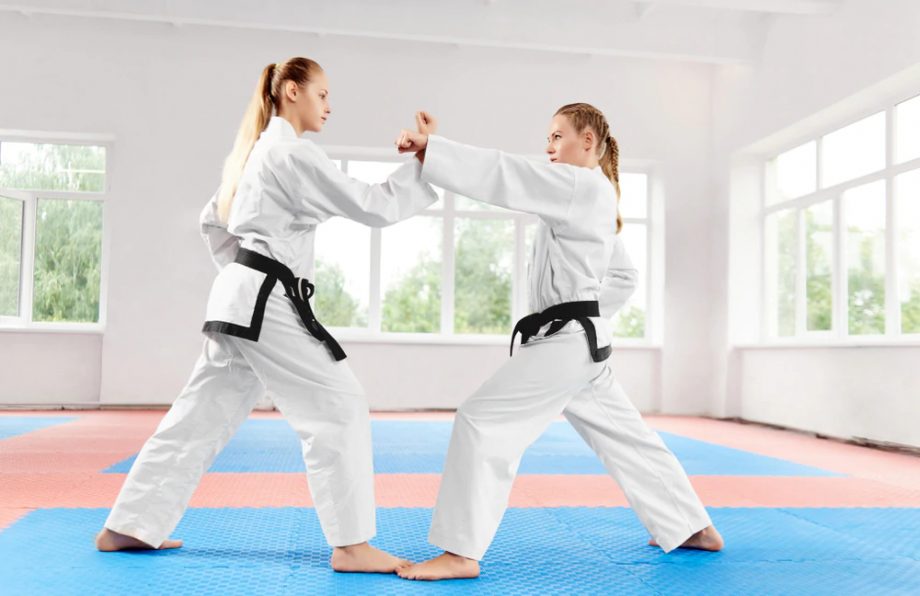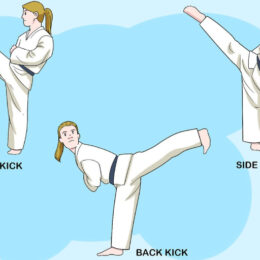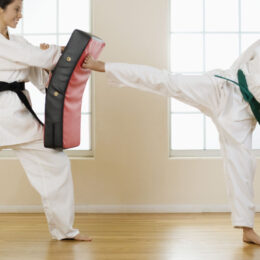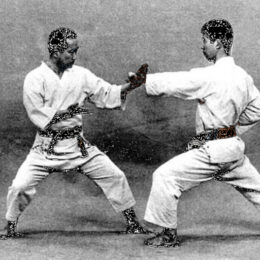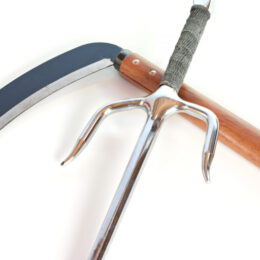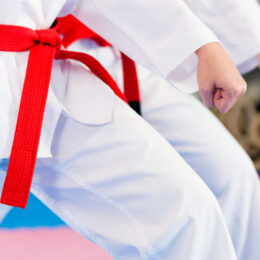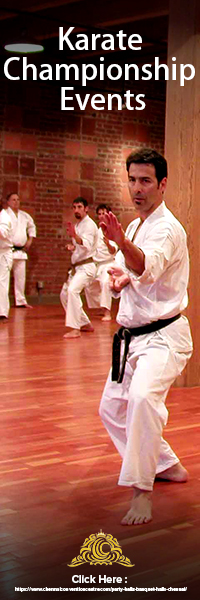Karate Moves
Unlike several other martial arts and their limited number of moves, Karate is a fast-paced fighting style that can master in seconds. Karate has been known to have the ability to knock out opponents in no time without prior knowledge of how you hold your hands or where exactly these strikes will land. Why Are…

